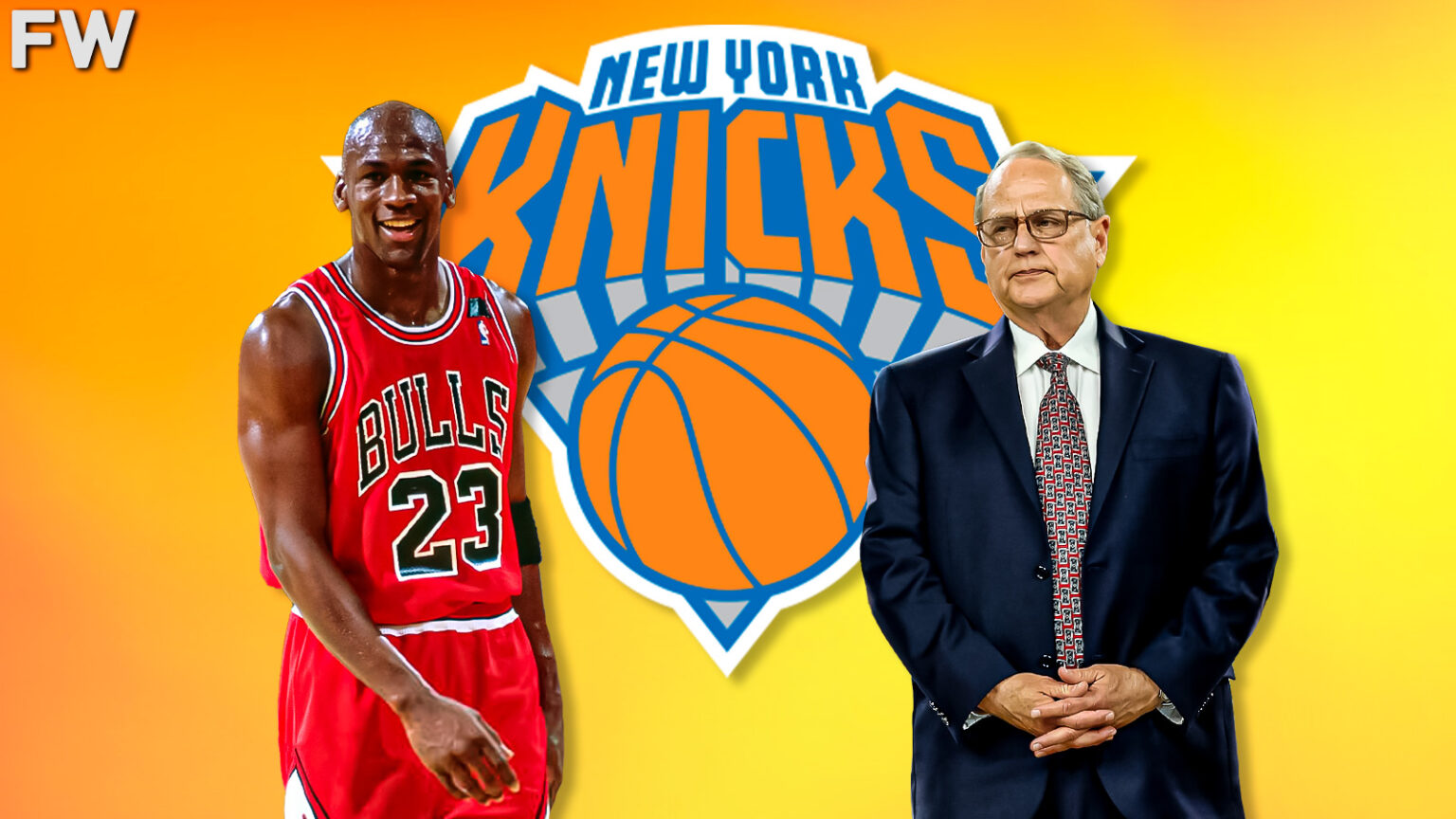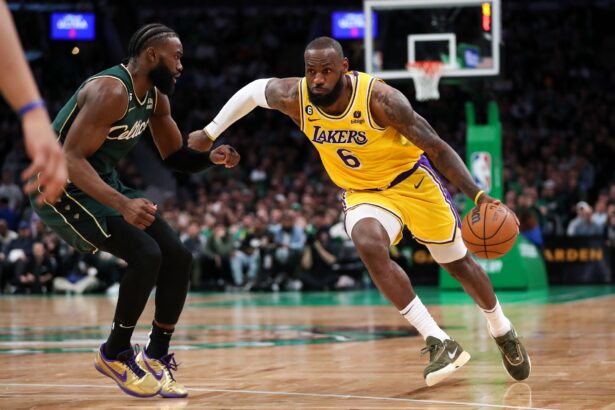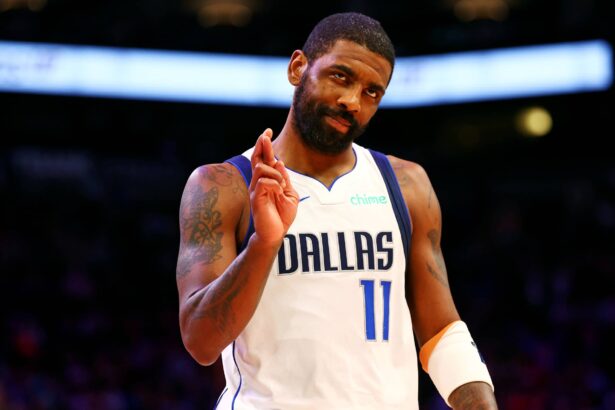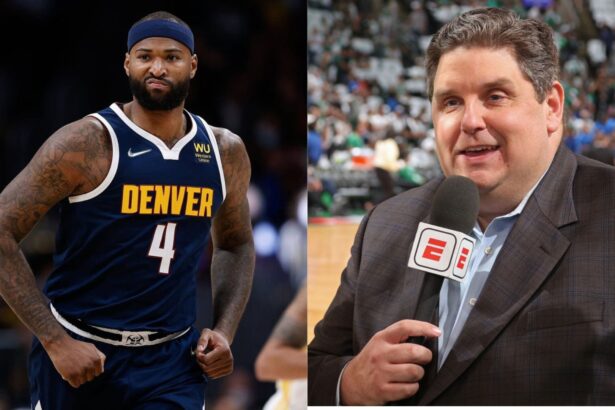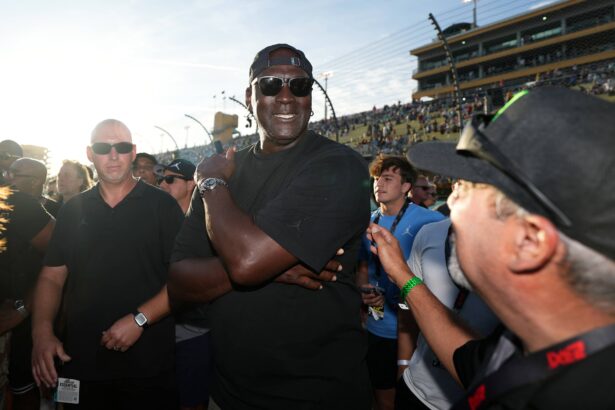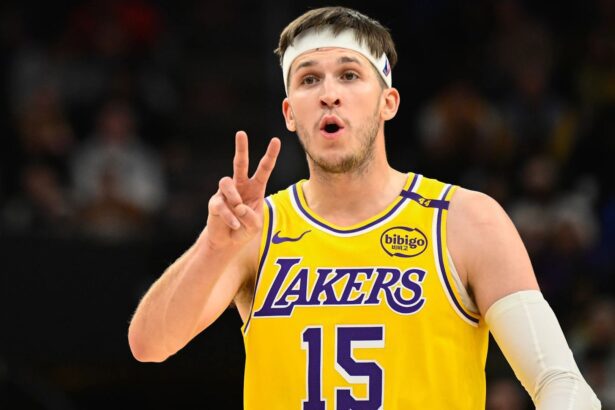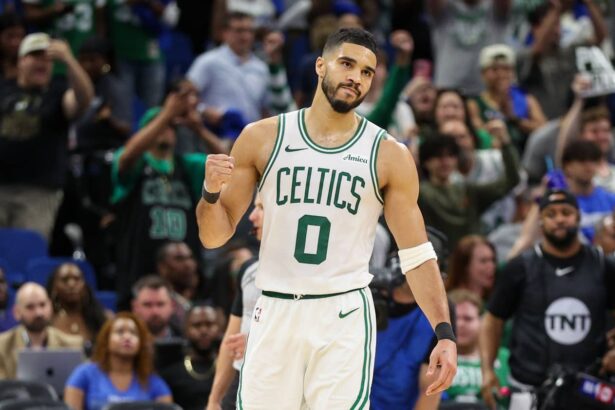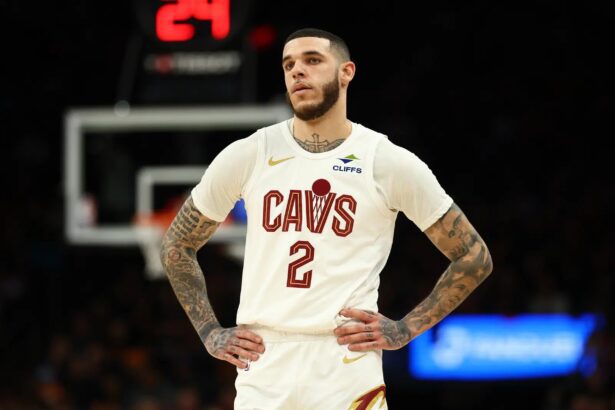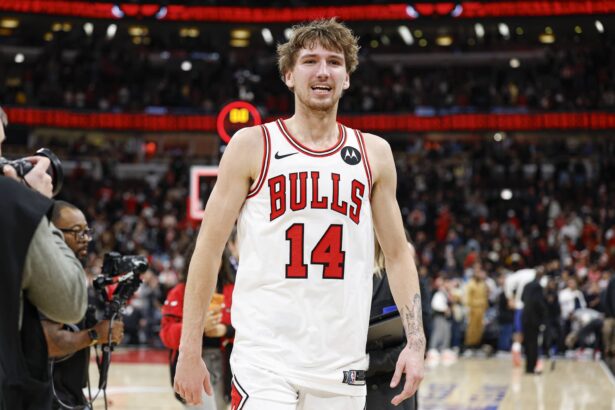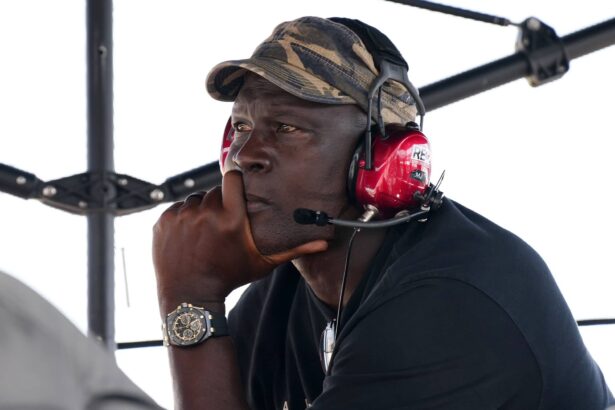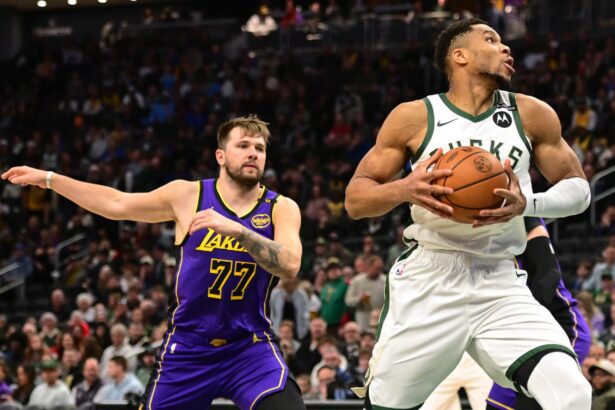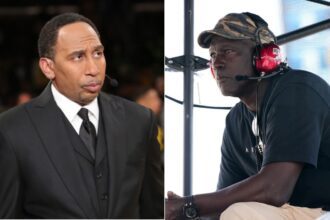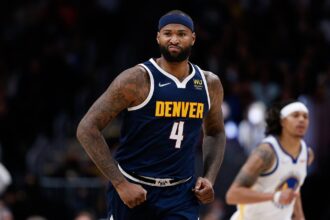- Michael Jordan was grossly underpaid for most of his NBA career
- After the 1995-96 season, Jordan was up for a big contract, and he used a bluff to get it
- Jordan’s $30.1 million contract in the 1996-97 season was the first NBA contract to reach $30 million
Michael Jordan was the NBA’s most popular athlete by the late 1980s and up until he retired from the game for good. Despite this, Jordan was not the highest-paid player in the league for most of his career.
On September 20, 1988, Jordan signed an extension on his rookie contract, which gave him an eight-year, $25.7M deal. Jordan retired in 1993 to play baseball but returned to the NBA in 1995, as we all know.
After leading the Chicago Bulls to their fourth NBA championship in the 1995-96 season, Jordan became a free agent. Jordan wanted a pay raise, and he used a clever bluff to get it.
“I was on the phone with Michael and [David] Falk and offered $20 million. No one ever had made that much before. Falk said they wanted $30 million for one season or $55 million for two,” Bulls owner Jerry Reinsdorf explained.
“If I didn’t give in, I don’t know if he said he’d go or might go to New York and take less money. I didn’t put much into it, that it was a bluff. But we were going to have a deal [the Knicks supposedly were trying a back door move as they were then owned in part by the people who owned Sheraton Hotels, and there was an indication Michael might find a hotel in his portfolio one day if he came to the Knicks for their $5 million available].
“I called [fellow investor in the Bulls] Lester Crown and asked his opinion: Should I do $30 million or $55 million? He said to do the thirty, to do the one year, and worry about the next one after that. I don’t believe Michael would have gone to New York, but I wasn’t taking any chances. I guess I should have gone for the fifty-five. It cost an extra $8 million. But we all came out OK.”
Reinsdorf was likely right; Jordan probably would have never left Chicago to go to New York, but you never know. Jordan bluffed the Bulls owner, but that’s perfectly okay.
Jordan was the highest box office draw in the NBA, and he made not only the Bulls but the NBA a lot of money. MJ was drastically underpaid for his worth.
Jordan deserved 100,000 per year when you truly think about it. But a contract of $30.1 million, which the Bulls offered Jordan, was well above the league salary cap at the time, which was $24.3 million.
This contract made Jordan the highest-paid player in league history at the time, and it was well worth it. Jordan made exactly $3,850,000 in the 1995-96 season, while he pulled in $30,140,000 for the 1996-97 season.
Jordan would sign another one-year contract with Chicago for the 1997-98 season. In that season, Jordan made $33,140,000, another record at the time.
Michael Jordan’s Second Three-Peat
Michael Jordan returned to the Chicago Bulls on March 19, 1995. After stumbling in the 1995 NBA Playoffs while looking rusty and dealing with a number change, Jordan came back with a vengeance in the 1995-96 season.
The Bulls, along with Jordan, wanted to avenge the past season, and they started things off by trading for their former rival, Dennis Rodman. Now, with the colorful rebounding machine on their side, the Bulls looked to make history.
Jordan and the Bulls certainly did make history. Chicago recorded, at the time, the best record in NBA history at 72-10. As for Jordan, he became the first player in league history to win the MVP, All-Star Game MVP, Finals MVP, scoring title, and the NBA championship, all in the same season.
MJ averaged 30.4 points, 6.6 rebounds, 4.3 assists, and 2.2 steals per game as he led his Bulls to their fourth title in franchise history. The Bulls and Jordan would return for more in the 1996-97 season, as Chicago finished with a 69-13 record.
This time, Jordan averaged 29.6 points, 5.9 rebounds and 4.3 assists per game. He missed out on the MVP, as Karl Malone of the Utah Jazz won it.
Still, Jordan won his record ninth scoring title, and he’d get revenge on Malone by defeating the MVP’s Jazz in the Finals to win his and the Bulls’ fifth championship. This was Jordan’s way to prove to the MVP voters that they got it wrong in 1996-97.
The voters would get it right in the 1997-98 season, as Jordan won his fifth MVP award, tying Bill Russell for the second most in league history. Jordan averaged 28.7 points, 5.8 rebounds, and 3.5 assists in 82 games in 1997-98 to help his Bulls win 62 games.
This season was famously dubbed “The Last Dance” as the Bulls front office had no intention of bringing head coach Phil Jackson back after the season. Bulls general manager Jerry Krause told Jackson, “He could go 82-0, and he would never get a chance to come back.”
Chicago would not go 82-0, but they would win their sixth title in dramatic fashion against the Utah Jazz. Jordan’s game-winner in Game 6 of the 1998 NBA Finals is one of the greatest moments in NBA history.
Michael Jordan certainly was worth the money the Chicago Bulls paid to him in his return to the NBA. In fact, the Bulls should still be paying him today, as he made so much money for the franchise.
As we watch huge contracts be given out to seemingly role players in today’s league, let’s not forget the first $30 million contract. It belongs to the G.O.A.T., yet another incredible record by the great Michael Jordan.

